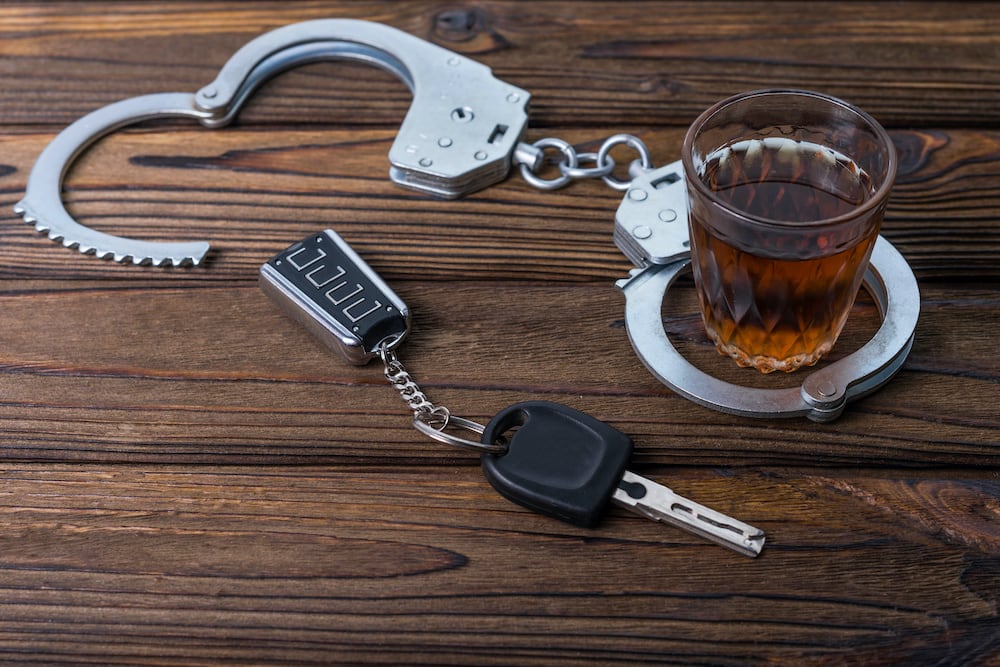If you’ve been arrested for driving while intoxicated (DWI) on Long Island or in the New York City metro area, you’re likely feeling stressed, uncertain, and even a bit scared. That’s entirely understandable. A DWI charge can carry serious consequences, including hefty fines, license suspension, skyrocketing insurance rates, and in some cases, jail time. But here’s the good news: a charge is not the same as a conviction. You have rights, and more importantly, you may have a strong defense. Continue reading and reach out to a seasoned Nassau County DWI lawyer from The R.M.L. Law Firm, PLLC, to learn about the best DWI defenses in Nassau County, Suffolk County, and throughout Long Island.
The Seven Best DWI Defenses on Long Island
Every DWI case is unique. The circumstances, evidence, and even the behavior of the arresting officer can significantly affect how your case plays out. Because of this, not every defense will apply in every case, but here are seven of the most effective DWI defenses.
1. The Traffic Stop Was Unlawful
Law enforcement officers cannot pull you over without a valid reason. They must have “reasonable suspicion” that a traffic violation or crime has occurred. If you were stopped without cause–say, just because it was late at night or you were in an area known for nightlife–the stop itself may be considered unlawful. In some cases, this could lead to the suppression of all evidence gathered afterward, which may include breathalyzer results and officer observations. Without that evidence, the prosecution’s case may fall apart.
2. Standard Sobriety Tests Were Not Conducted Properly
You’ve probably seen standard field sobriety tests (SFSTs) in movies — walking a straight line, touching your nose, or following a pen with your eyes. These tests are subjective, relying heavily on the officer’s interpretation and clear instructions. Uneven pavement, poor lighting, medical conditions, or nerves can affect your performance. If your arrest relied mainly on these tests, a skilled Long Island DWI lawyer can challenge their validity in court.
3. Breathalyzer and Chemical Testing Errors
Also, Police must follow strict procedures when administering BAC tests. If they skip steps—like the required 15-minute observation period, where the subject cannot eat, drink, burp, or put anything in their mouth—the results may be unreliable.
Improper calibration or failure to document these steps can be used to challenge the test’s validity.
Blood and urine tests also require proper chain of custody. If your attorney proves testing was compromised, the evidence might be dismissed.
4. Your BAC Was Rising at the Time of the Stop
5. The Vehicle Wasn’t in “Operation”
In some drunk driving cases on Long Island, it’s not enough for the police to find you inside a vehicle—they must also prove that the car was in “operation” on a public roadway. For example, if the engine was off, the keys weren’t in the ignition, and there’s no sign that you intended to drive or recently drove it, the prosecution may struggle to prove a violation of New York’s DWI laws. Maybe you were sleeping it off in the back seat. Maybe you were just sitting there, waiting for a friend to pick you up. Without clear evidence that you operated—or intended to operate—the vehicle, a DWI conviction may not hold up in court.
6. Someone Else Was Driving the Car
7. Your Constitutional Rights Were Violated
What’s at Stake If You’re Convicted of DWI
Depending on the circumstances—your BAC level, whether it’s a first or repeat offense, or if an accident occurred—you could face serious penalties under New York law, including:
- Fines of up to $10,000
- Driver’s license suspension for six months or more
- Mandatory installation of an ignition interlock device
- 11 points added to your driving record
- A permanent criminal record
- And even jail time
These consequences can affect your job, your finances, and your future. That’s why it’s so important to build a strong DWI defense as early as possible.
Learn more in our blog on what’s at stake if you’re convicted of DWI.
Don’t Face DWI/DUI Charges Alone
Upon conviction, a DWI charge can affect your life for months, even years into the future. That’s why your best option is to always promptly hire a skilled Nassau DUI lawyer who can combat your charges at every turn. At The R.M.L. Law Firm, PLLC, we provide aggressive DWI defenses for clients in Nassau County, Suffolk County, Queens, and throughout the metropolitan area. Contact our firm for representation in your DWI case today.


